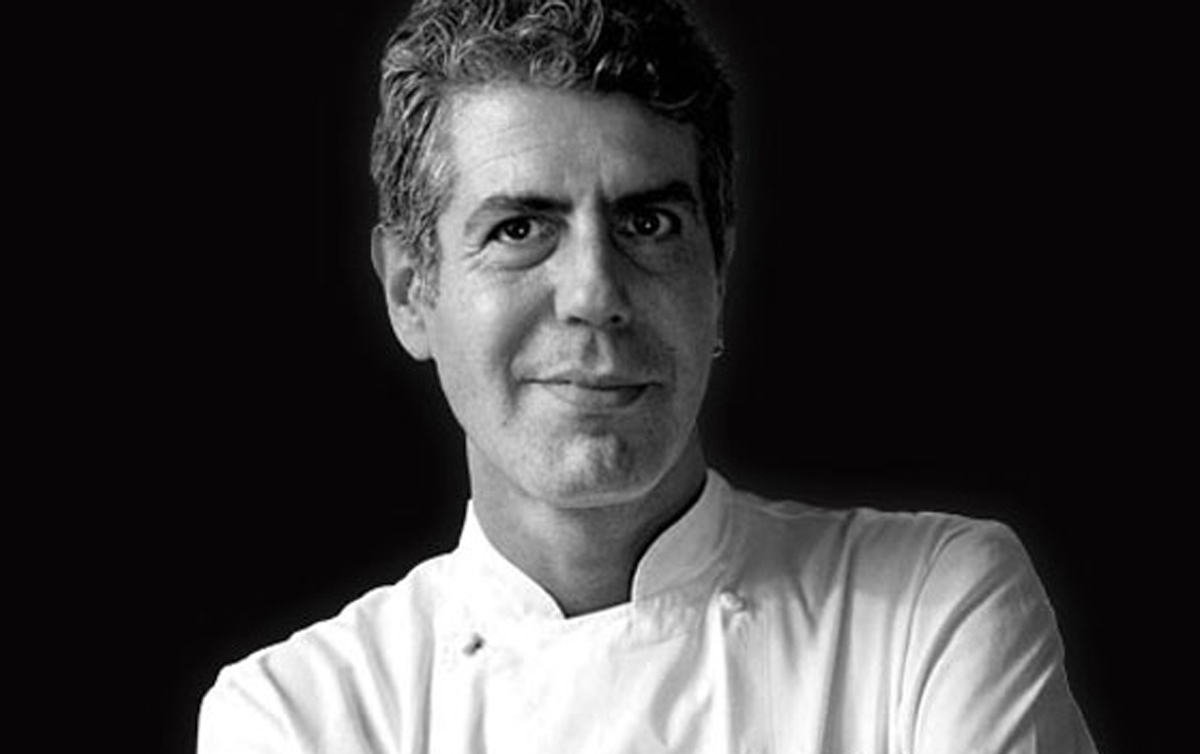
Celebrity suicides raise worries about copycats
Here are six steps to preventing it
By Soroya Bacchus
Many people consciously or subconsciously emulate celebrities. They dress like them, talk like them, and sometimes even have cosmetic surgery so they can look like them.
Some people may even want to die like them.
With the media coverage of the recent suicides of celebrity chef Anthony Bourdain and fashion designer Kate Spade, many of us are concerned about a potential rise in the suicide rate in the coming months.
We are a copycat society. But there is more to it than just that. Celebrity suicides may be the real trigger for someone who is already contemplating suicide.
Suicides rose nearly 10 percent higher than expected in the months following actor Robin Williams’ death in August 2014, according to a Columbia University study in February. Suicides involving the method Williams used (suffocation) spiked 32 percent over that time. In the months following Marilyn Monroe’s death, suicide rates jumped 12 percent in the United States compared to the previous year.
Mental health experts say that exposure to media coverage of a high-profile suicide, especially coverage which fixates on the gratuitous details of a person’s death, can lead to more suicides. It’s called “suicide contagion.”
The National Suicide Prevention Lifeline suggests that there are several steps you can take if you know of someone who may be contemplating suicide.
Ask the question
Asking the question “Are you thinking about suicide?” communicates that you’re open to speaking about suicide in a non-judgmental and supportive way. Asking in this direct, unbiased manner can open the door for effective dialogue. Do not ever promise to keep their thoughts of suicide a secret.
Listen
Make sure you take their answers seriously, and do not ignore them. Listening to their reasons for being in such emotional pain as well as listening for any potential reasons they want to continue to stay alive are both incredibly important. Help them focus on their reasons for living, and avoid trying to impose your reasons for them to stay alive.
Find out if they are safe
Determine if they already attempted suicide before they talked to you. Do they have a specific, detailed plan? What’s the timing? What sort of access to do they have to their planned method?
Be there
This could mean being physically present for someone, speaking with them on the phone, or any other way that shows support for the person at risk. Make sure you follow through with the ways in which you say you’ll be able to support the person. Never promise more than you can deliver.
Help them connect
Helping someone with thoughts of suicide connect with ongoing supports (like the Lifeline, [800] 273-8255) can help them establish a safety net for those moments they find themselves in a crisis.
Follow up
After your initial contact with a person experiencing thoughts of suicide, and after you’ve connected them with the immediate support systems they need, make sure to follow up with them to see how they’re doing.
It is incredibly important for anyone who knows someone who may be contemplating suicide to seek help for them immediately regardless of when they become aware of the situation. But during this time of increased press coverage of celebrity suicides, it is even more important than usual.
Soroya Bacchus, M.D., author of “How to Detox Yourself from Alcohol,” is a quadruple board-certified psychiatrist specializing in addiction medicine and psychiatry. She has treated patients with addiction issues for 22 years.




thanks